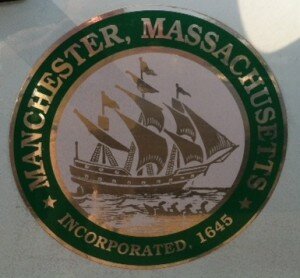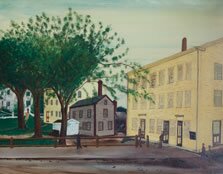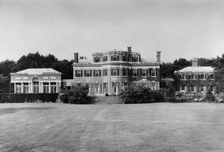The Riveting Timeline of Manchester-by-the-Sea
Early History
1623: The first settlers on Cape Ann were with the Dorchester Company, which built a fishing settlement at Stage Fort Park in Gloucester.
1630: Arbella anchors offshore with John Winthrop and his Puritan followers as they arrive to found Massachusetts Bay Colony.
1636: A few families built homes at Jeffrey’s Creek, later to be renamed the town of Manchester.
1645: The town is incorporated and named Manchester.

The 1700s: Coastal fishing and trade serve as the primary source of income for Manchester residents – small vessel building takes place along the “harbor” edges.
1776: General Forster leads the Manchester militia to answer the call to arms after the Battle of Lexington and Concord – Forster’s Flag (one of the 1st flags of the newly forming country) accompanies them.

Later History
1812-1814: During the War of 1812, fishing and trade stood still due to British patrols blockading the coast. A small “encounter” between Manchester residents and raiding British forces off Black Beach sends the British away by setting up the town’s only cannon (but not only cannonball, as it fell out along the way and was later found on the road on the way back) on the beach to scare raiders.
In the 1800s post-war: The town’s economy recovered with the resuming of small vessel building, cabinet making, coastal fishing, and foreign trade. Some residents serve as captains of larger trading vessels sailing from Boston, Salem, and Gloucester.

1845: Railroad comes to Manchester attracting summer visitors.
1850-1929: Gilded Age of summer residents and their “cottages” along the coast of Manchester and neighboring towns.

The 1930s to present: Manchester transforms into a residential and commuter community.
📎 Related Articles
1. Exploring the Historical Threads of Manchester-by-the-Sea
2. Exploring the Timeless Treasures of Historical Parks
3. Exploring the Grandeur and Legacy of Historic Hotels
4. The Derwent Dam Museum: A Tribute to Bravery and Innovation
5. The Historical Legacy of Eglish Village
